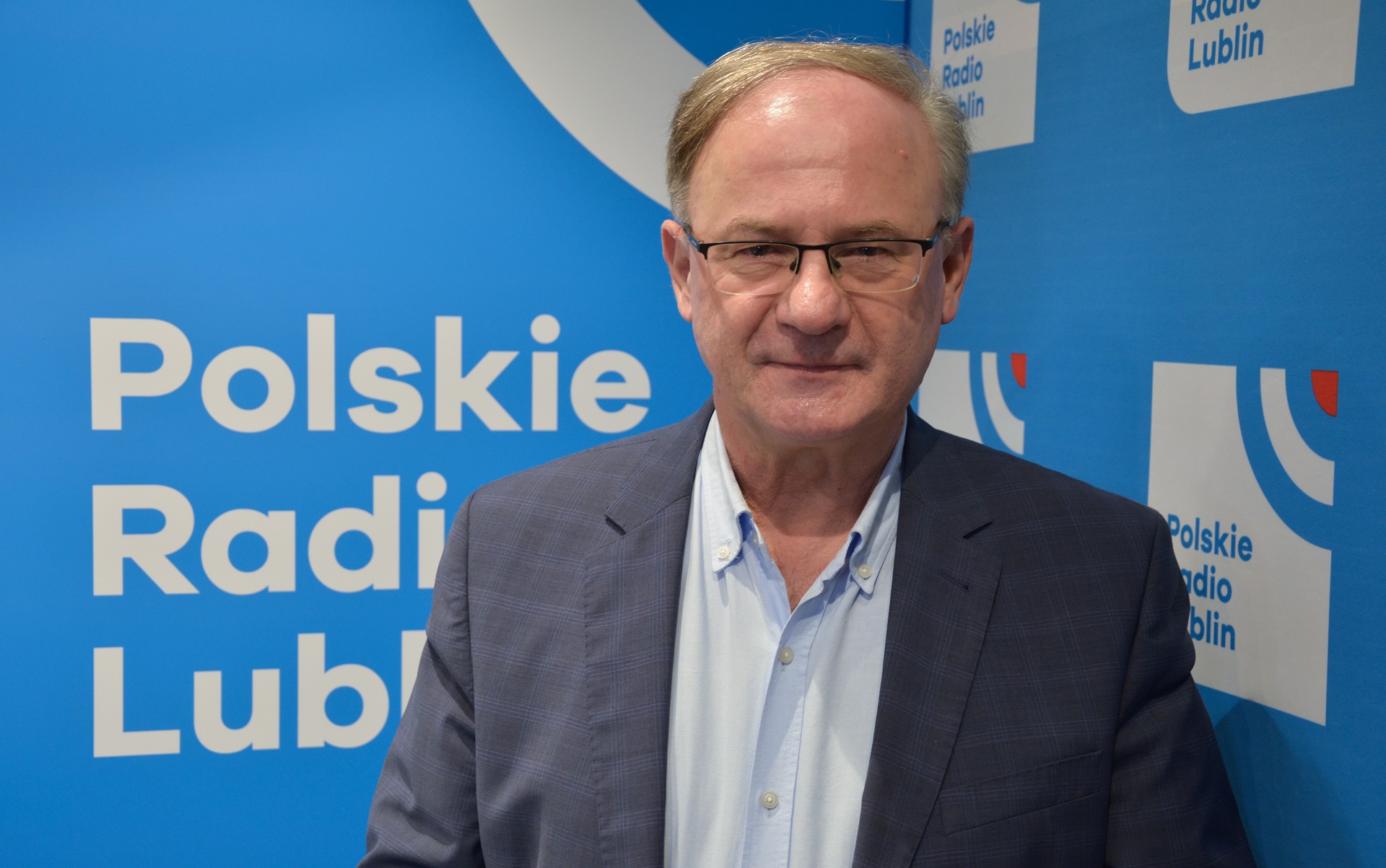The Ukrainian government is gathering evidence of war crimes committed by Russian soldiers. – Judging Russia by the International Criminal Court may not be that simple, because there are formal barriers – says prof. Marek Pietra, director of the Institute of Political and Administrative Sciences at MCSU, in an interview with Filip Karman.
– Can we talk about war crimes or genocide in the context of the conflict in Ukraine? – This is a matter of particular interpretation. The definition of genocide is contained in the Convention on the Prevention and Punishment of the Crime of Genocide. This implies the use of the term when an entire ethnic group or an entire country is the subject of crime, as was the case, for example, in Rwanda in 1994, in Burundi or during World War II. It seems to me that we can talk more about war crimes committed by soldiers of the Russian Federation, only by soldiers, but also about war crimes committed by Russian decision-makers, including President Putin.
READ: Lawyers. Maciej Chorągiewicz: evidence of crimes committed by Russian soldiers in Ukraine must be secured
How realistic is it that these decision makers will actually suffer legal consequences? – There are some important issues here. First, the Russian Federation withdrew from the International Criminal Court. It announced its law in 2016, after the annexation of Crimea and when Russia committed war crimes in eastern Ukraine, explained prof. Mark Pietra.
– The International Criminal Court in The Hague has started an investigation, i.e. gathering evidence. This is a prerequisite for possible trials of war criminals, including President Putin. But in the case of Russia it will not be easy, because in order to judge a particular citizen, the consent of that state is required. However, there is still the possibility that ordinary courts, for example, European countries, can try war criminals, provided they are on their territory. There was optimism when one of the courts in Germany tried to convict a Syrian, a man from the regime of President al-Assad, who found himself a refugee in Germany. Evidence was held against him that he had committed war crimes. And he was put on trial – added prof. Mark Pietra.
On March 2, the International Criminal Court launched an investigation into Russia’s crimes against Ukrainian citizens. A total of 39 countries, including Poland, submitted their applications.
READ: Prof. Marek Pietra, Best Foreign Scientist 2021 in Ukraine: This is a difference for the Lublin scientific community
– Since February 24, the start of Russia’s invasion of Ukraine, 1,563 civilians have been killed in the country as a result of hostilities and 2,213 injured – the Office of the United Nations High Commissioner for Human Rights (OHCHR) announced on Wednesday. It is emphasized that the actual number of civilian casualties from the war may be much higher than the figures given. OHCHR does not yet have information on some of the areas where heavy fighting is still ongoing; other data is still confirmed.
The statistics do not include, among other things, full reports on victims in Mariupol, Wołnowasz, Izium, Popasna and Borodzianka – the cities from which information on many civilian casualties was received.
FiKar / PAP / opr. ToMa
Archive photos

“Reader. Future teen idol. Falls down a lot. Amateur communicator. Incurable student.”


![Bogusław Wołoszański: “Achieving nuclear weapons would be the beginning of World War III” [WYWIAD]](https://storage.googleapis.com/bieszczady/rzeszow24/articles/image/877236c0-66fd-457a-9eb4-41792f9077ff)




